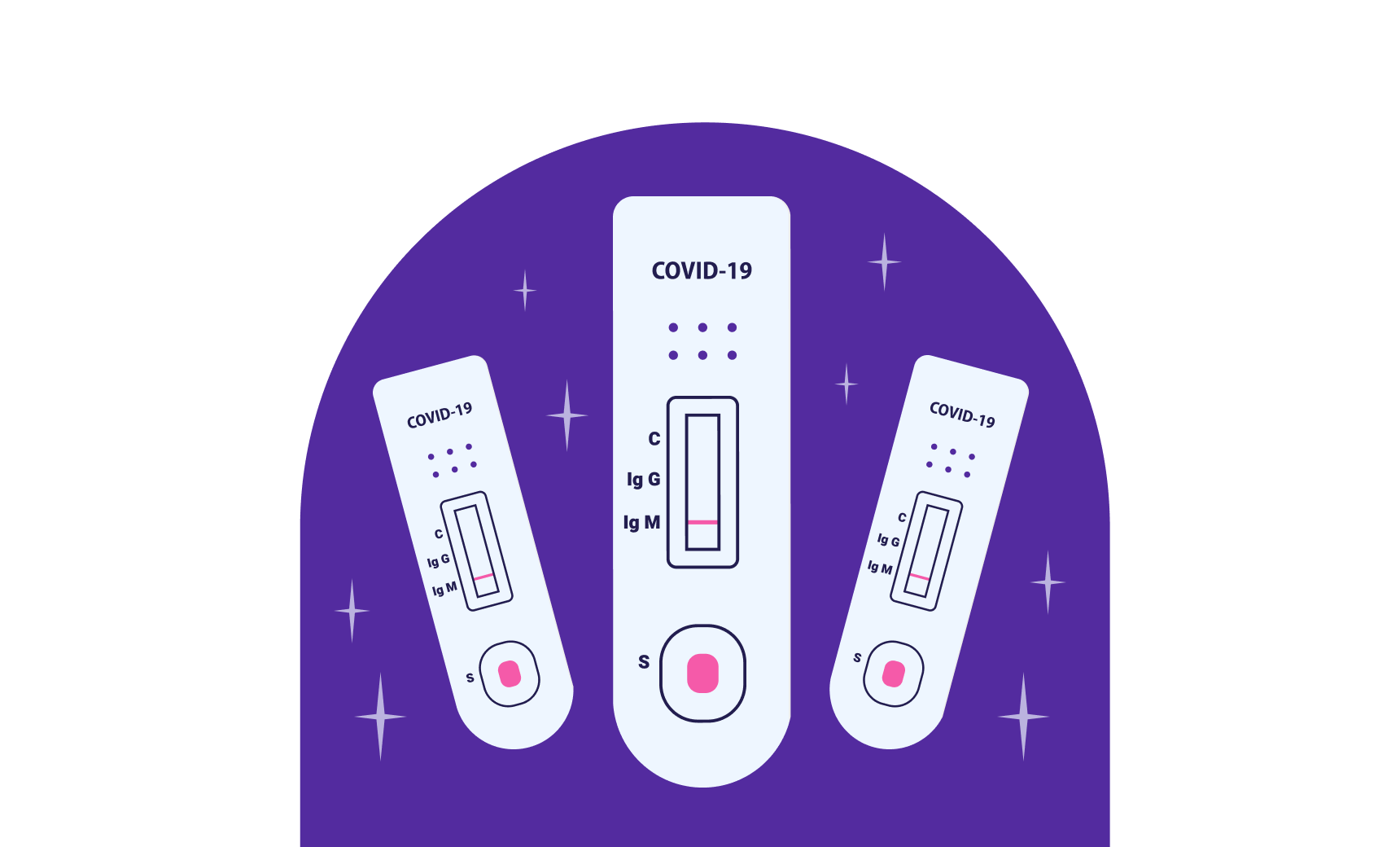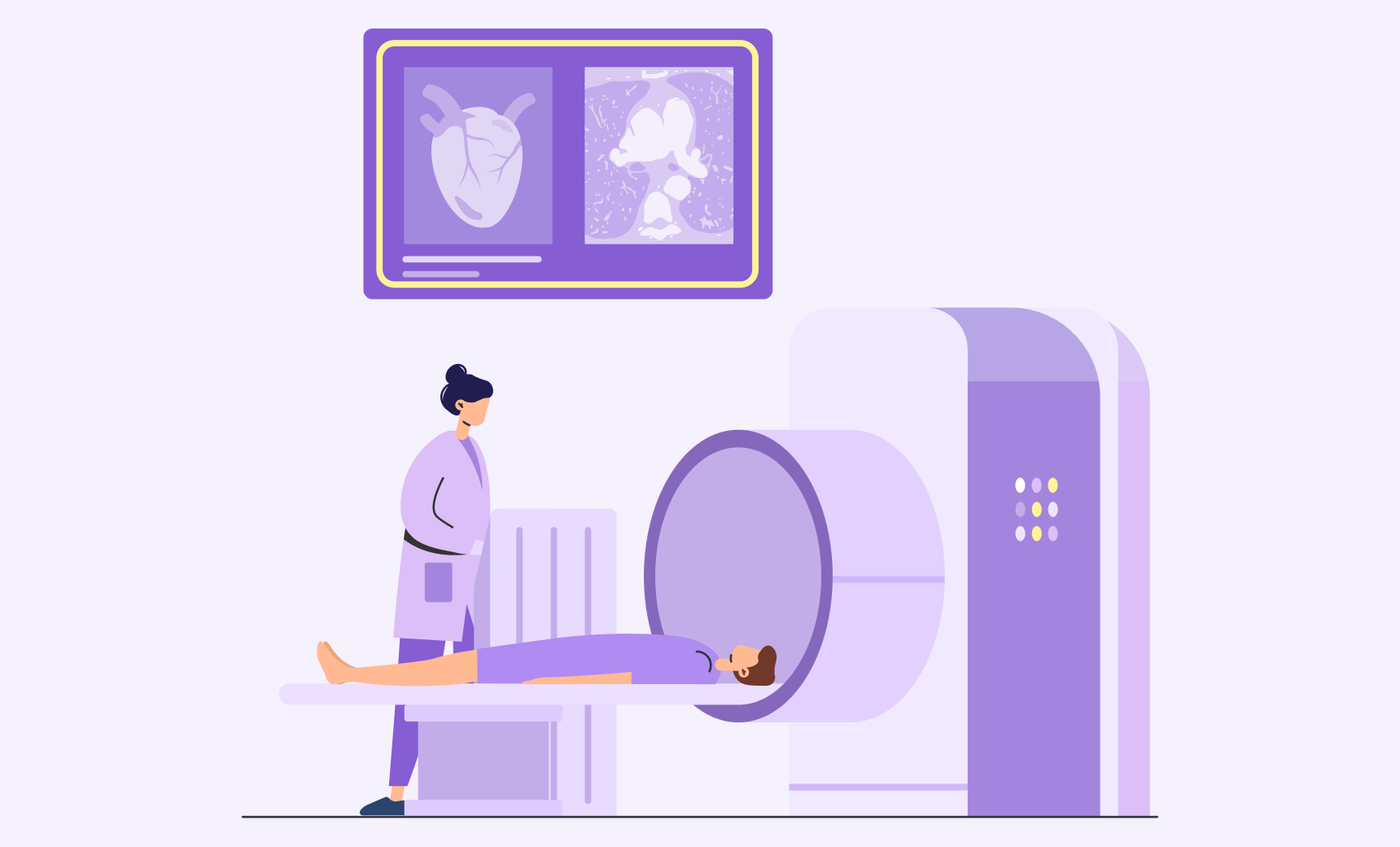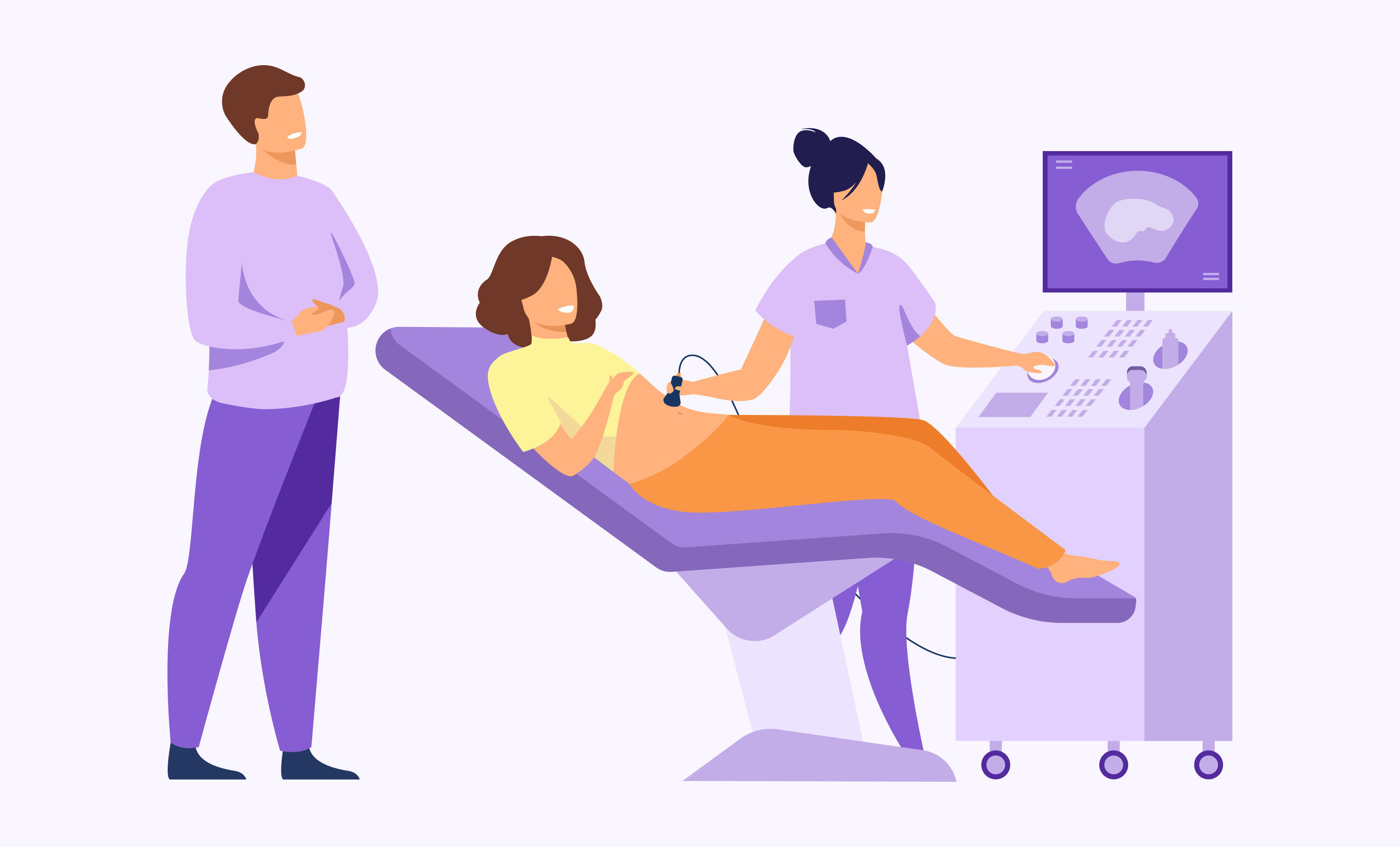
Will Antibody Testing Tell Me If I Should Get the COVID Booster?
Let’s talk about COVID booster shots, antibody testing, and what it all means.
Now, nearly three years into the COVID-19 pandemic, the CDC reports that more than 100 million people have received at least one booster shot. However, the virus is still a major concern. According to the New York Times, approximately 40,000 Americans died of COVID in the summer of 2022. The article reads, “That toll means that COVID is continuing to kill many more people each day than vehicle crashes, gun violence, the flu or many other health threats.”
Vaccination can greatly improve the outlook for those who get COVID. As the virus mutates and immunity from previous vaccinations fade, new booster shots will become available. Most recently, booster shots covering the omicron variant are now available. But the booster shots have raised questions about how to gauge your level of immunity. Some experts also say you should wait several months after having COVID to get a booster. Will an antibody test help you determine if you need a booster?
Not necessarily. To understand more, let’s talk about the basics of who should get the COVID booster shot, what the antibody test can tell you, and who should get the antibody test.
Who Should Get a COVID-19 Vaccine Booster Shot?
In the United States, the updated coronavirus vaccine booster shots are available to anyone who is over the age of 12 who received their second shot of the COVID mRNA vaccine at least two months prior. While getting vaccinated does greatly reduce your risk of becoming infected with COVID-19, as well as the likelihood of severe illness if infection does occur, study has shown that the effects of the vaccine grow weaker over time.
COVID booster shots have been shown to increase your level of immunity against the coronavirus, including the omicron variant which has been driving much of the pandemic numbers in recent months. While some people may prefer to receive a booster of the same type (i.e. Pfizer, Moderna) as their initial vaccination, you can also “mix and match” and still get effective results.
Keep in mind that neither the COVID vaccination nor the COVID booster shot is guaranteed to prevent being infected with the virus. However, evidence shows that both the vaccine and subsequent boosters significantly reduce your risk of contracting or spreading COVID, making them vital parts of our public health response to this pandemic.
Will a COVID Antibody Test Tell You If Your Vaccine is Still Working?
Some people have wondered how to determine the best time to receive a booster, and whether an antibody test may help them make an informed decision. While the antibody test will tell you whether you have COVID antibodies as a result of vaccination or a previous infection, it does not gauge your actual level of immunity and is not a reliable indicator of whether or not you should get a booster shot. Current antibody tests detect the presence of binding antibodies, not neutralizing antibodies, and it can be hard to tell what levels are protective. There are also parts of the immune system that are not detected by antibody tests, which means it can’t give you a full picture of whether you’re
Ultimately, it’s important to get the vaccine followed by a booster regardless of anything you may learn from an antibody test.
Who Should Get Antibody Testing?
While antibody testing can’t tell you whether you are currently infected with COVID-19 the way that a PCR nasal swab would, it can indicate whether or not you have had the virus in the past. This information may be valuable to your doctor in identifying the cause of previous COVID-like symptoms or effectively treating any lingering effects of the coronavirus.
Looking for a COVID antibody test? You can use LabFinder’s online portal to book an appointment for a COVID antibody test. You can also book both PCR and rapid antigen tests, which test for the presence of the coronavirus.
Editor’s note: Information in this post is up-to-date as of September 28, 2022. However, our understanding of COVID changes with the progression of research and as the virus mutates. Updated guidance can be found via the CDC.
Have additional questions about COVID? Or are there other topics you think we should cover? Drop us a line at illuminator@labfinder.com.





The LabFinder Editorial Team is behind The Illuminator and The Insider, LabFinder’s consumer and business blogs.
Dr.Robert Segal
Dr. Segal is CEO and co-founder of LabFinder, as well as a board-certified cardiologist. He began practicing medicine in 2002 and has founded several businesses, including Medical Offices of Manhattan and Manhattan Cardiology.